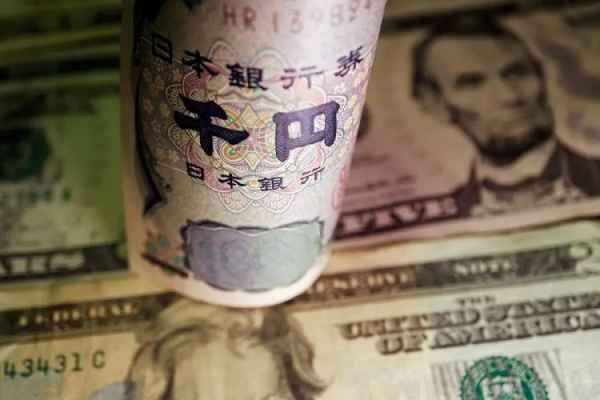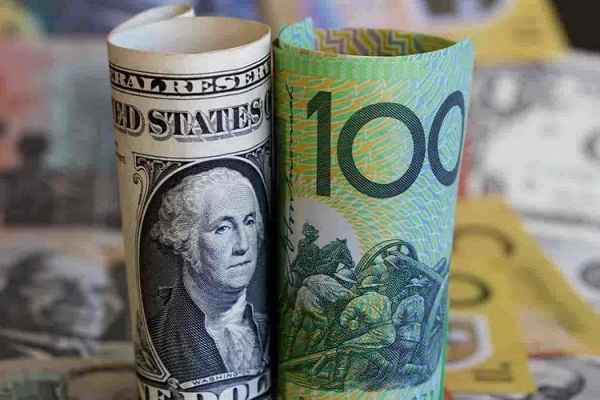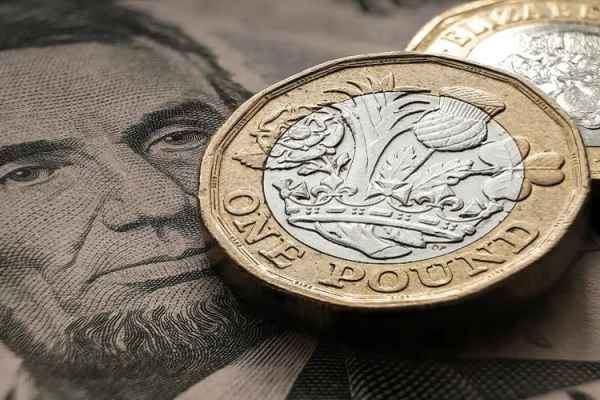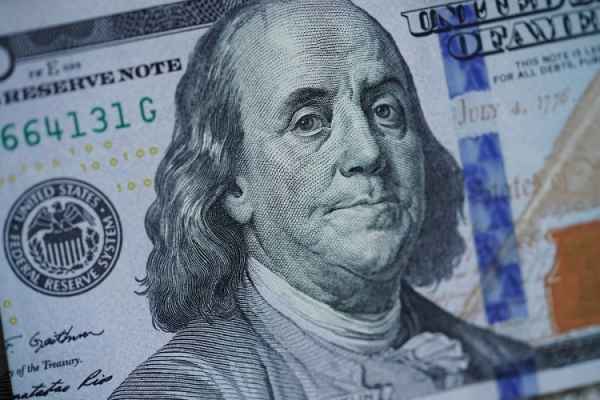Some parties believe that the Silicon Valley Bank crisis occurred due to the aggressive increase of The Fed interest rates.
The US dollar index (DXY) fell over 1% to around 104.00 in the New York trading session tonight (March 10). The market was disappointed by the emergence of signals of inflation slowdown in the latest US employment report, causing the greenback to lose momentum in the forex market. Meanwhile, new bad news rocked the US banking sector.
![]() DXY Daily chart via TradingView
DXY Daily chart via TradingView
US Wage Inflation Slows Down
Most of the details in the latest US employment report tonight were disappointing. Average hourly earnings growth only reached 0.2% (Month-over-Month), missing expectations and lower than the 0.3% increase in the previous period. The US unemployment rate also increased from 3.4% to 3.6%, while the consensus expected it to remain stagnant.
The Non-farm Payroll figures showed an increase of 311k in February 2023, surpassing the consensus estimate of 205k, making it the only bright spot in the US employment report. However, payroll data for January was revised down from 517k to 504k.
"Average hourly earnings indicate that wage pressures are not accelerating," said Andrzej Skiba from RBC Global Asset Management, as reported by Reuters. "This is the main concern for the market that the strength of the labor market should be causing significant pressure on wage inflation, preventing overall inflation figures from moderating."
The signs of sluggish inflation in the labor market have dampened the hawkish rhetoric expressed by Fed Chair Jerome Powell a few days ago, thereby putting pressure on the US dollar. In addition, the US dollar was also rattled by the emergence of new lousy news regarding Silicon Valley Bank (SVB).
Silicon Valley Bank Crisis
Silicon Valley Bank (SVB), one of the largest commercial banks in the United States and the biggest bank in the Silicon Valley technology innovation hub, recently announced plans to sell $2.25 billion worth of shares to raise funding for the bank after suffering significant losses in its investment projects. However, CNBC reported today that SVB's efforts have failed.
The failure to raise capital SVB has triggered panic among investors concerned about the crisis's potential domino and systemic effects. Bank stocks have plummeted, including well-known banks such as Barclays and HSBC. Startup company stocks are also problematic as SVB is a banking partner for nearly half of the technology and healthcare companies listed on the stock exchange last year.
Some experts have highlighted the mismanagement of SVB's portfolio as the root cause of the problem. However, others believe the SVB crisis is due to the aggressive rise in interest rates. As a result, market expectations for The Fed's interest rates have decreased.
Ray Wang, CEO of Constellation Research, told the BBC, "Banks are victims in the rise of interest rates. Nobody at Silicon Valley Bank or many other places thought that this rise in interest rates would last this long. And I think that's what happened. They bet wrong."
"The probability of a 50bps hike next week rose from less than 10% to close to 50%, according to rate futures markets (before). Yet in the aftermath of the SVB news, the federal funds futures markets reigned in rate fears by downgrading the odds to below 50%," says Christian Gattiker, Head of Research at Julius Baer.

 Dedicated FREE FOREX VPS
Dedicated FREE FOREX VPS Free FOREX Virtual Private Server
Free FOREX Virtual Private Server MT4 Demo Contest, Get $500
MT4 Demo Contest, Get $500 Sign Up for an Account, Claim 60% Deposit Bonus
Sign Up for an Account, Claim 60% Deposit Bonus Free MT4/MT5 VPS 2024
Free MT4/MT5 VPS 2024 Send E-mail and Get Free Merchandise
Send E-mail and Get Free Merchandise $1K Refer a Friend Bonus for Pepperstone Pro clients
$1K Refer a Friend Bonus for Pepperstone Pro clients Maximize Your Earnings with 100% Deposit bonus
Maximize Your Earnings with 100% Deposit bonus Trade to Win, $5,000 Monthly Demo Contest
Trade to Win, $5,000 Monthly Demo Contest Claim 30% + 15% Deposit Bonus from LiteFinance
Claim 30% + 15% Deposit Bonus from LiteFinance






